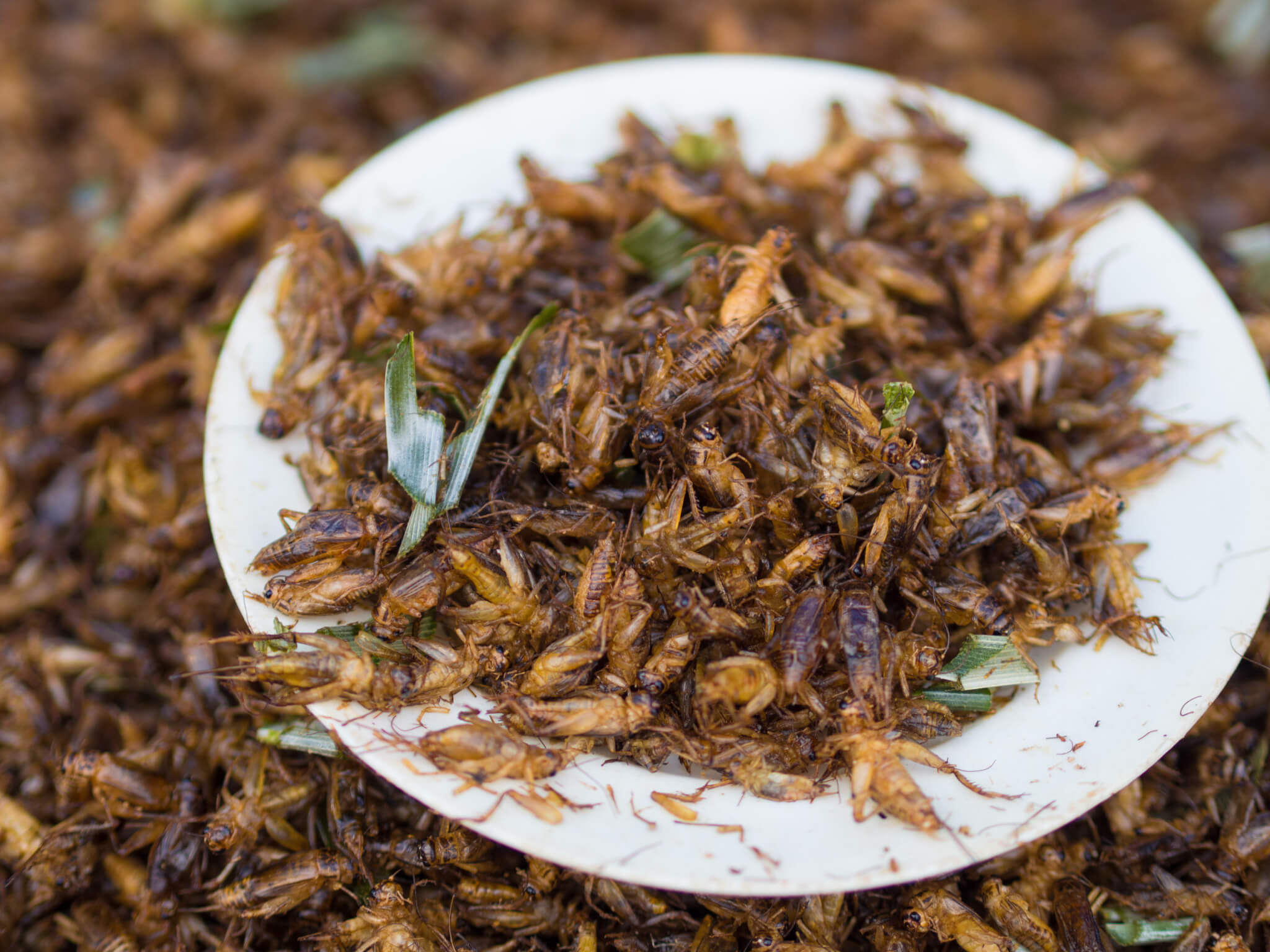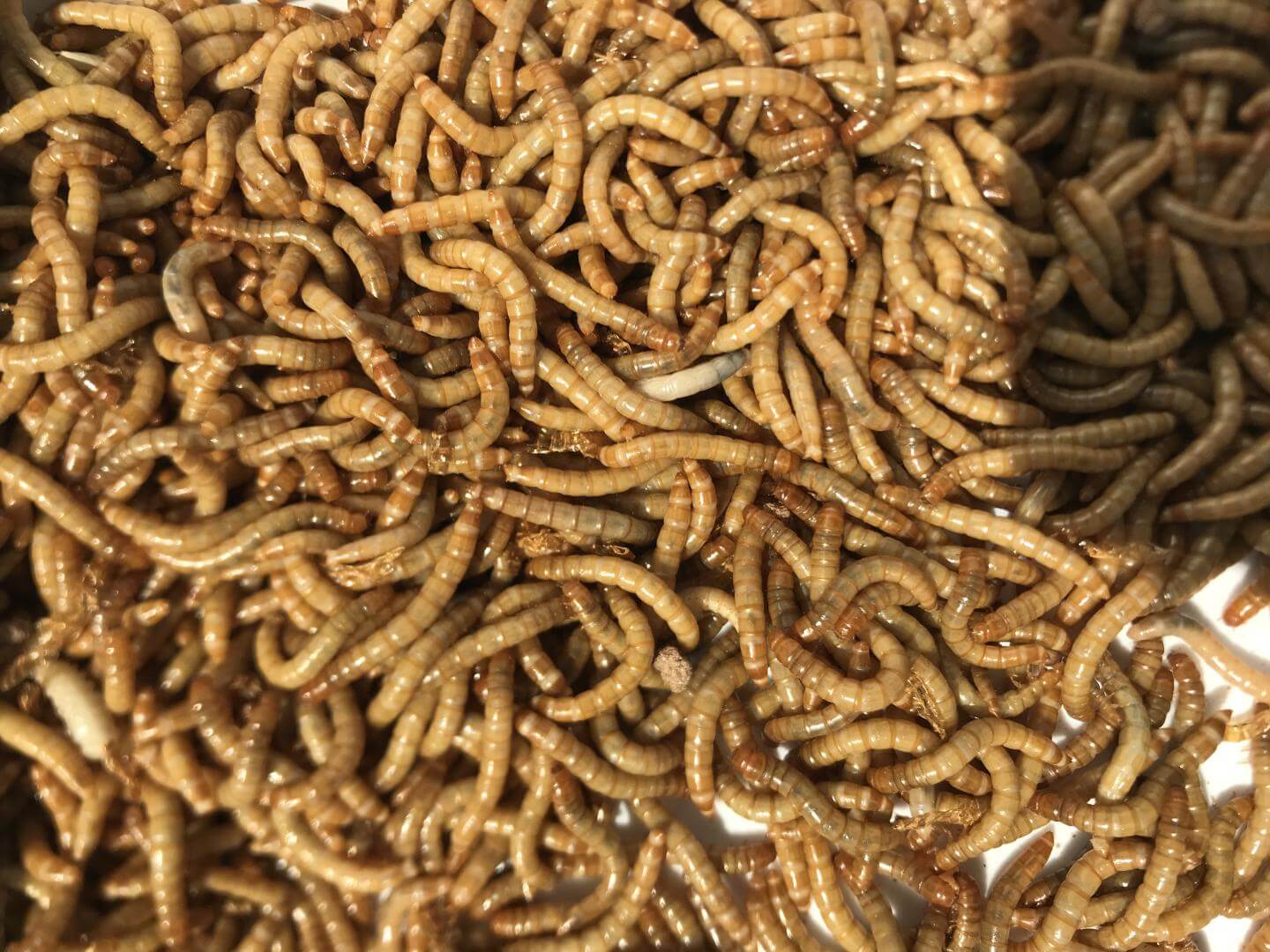ORMSKIRK, United Kingdom — As concerns about the environmental impact of food production continue to grow, researchers and policymakers are exploring novel ways to produce protein more sustainably. One option that has been gaining attention in recent years is the use of insects as a food source. While the idea of munching on crickets or mealworms may seem unappetizing to many Western consumers, a new study suggests that incorporating insect-based ingredients into familiar foods could be key to overcoming the “yuck factor” and making this eco-friendly protein source more palatable.
The study, presented at this year’s European Congress on Obesity (ECO) in Venice, Italy, surveyed 603 U.K. adults about their attitudes towards consuming insects. The results revealed that only 13 percent of respondents were willing to regularly eat insects, while 47 percent said they would not be willing to do so. However, the researchers found that incorporating insect flours into processed foods, such as bread or pasta, could help to overcome the disgust factor associated with eating whole insects.
“The disgust factor associated with eating whole insects could be overcome by incorporating insect flours into processed foods. This has been done successfully with rice products fortified with cricket or locust flours in other parts of the world,” says co-author Dr. Maxine Sharps from De Montfort University in a media release.
So, what makes insects such a promising alternative to traditional livestock? For one, they are a rich source of protein and micronutrients, making them a potentially valuable tool in combating both obesity and undernutrition. Additionally, some insect proteins, such as ground crickets or freeze-dried mealworms, are cheaper and easier to farm than traditional livestock and often have a lower fat content and environmental impact.
In fact, food production accounts for up to a quarter of all human greenhouse gas emissions, with livestock being a major contributor. By contrast, insect farming requires less land, water, and feed than traditional livestock and produces fewer greenhouse gas emissions. According to a report by the United Nations Food and Agriculture Organization, insects emit 80 times less methane than cattle per kilogram of body weight.

Despite these benefits, the idea of eating insects remains unappealing to many Western consumers. The study found that perceptions about insects’ taste or sensory properties were generally unfavorable, with participants anticipating lower levels of enjoyment, liking, or sweetness and higher levels of savoriness, saltiness, and bitterness.
However, the researchers note that attitudes towards eating insects can change over time, pointing to the example of lobster and crayfish. Once considered a poor man’s food, these crustaceans are now considered a delicacy in many parts of the world despite their insect-like appearance.
To help change attitudes towards insect-based foods, the researchers suggest that more needs to be done to educate consumers about the nutritional and environmental benefits of eating insects. This could include incorporating insect-based ingredients into familiar foods, such as protein bars or pasta sauces, and marketing them as a healthy and sustainable alternative to traditional animal proteins.
Some companies are already starting to explore this approach. For example, the U.K.-based company Eat Grub offers a range of insect-based snacks, including cricket powder energy bars and roasted cricket snacks. In the U.S., the company Chirps sells chips made from cricket flour, while the Canadian company Entomo Farms produces a range of insect-based ingredients for use in food products.
As the world’s population continues to grow and the demand for protein increases, finding sustainable ways to produce food will become increasingly important. While the idea of eating insects may still be unappealing to many Western consumers, incorporating insect-based ingredients into familiar foods could be a key step towards making this eco-friendly protein source more mainstream.
“But if insects are to be a mainstream part of the Western diet, the disgust factor is one of most important challenges to be overcome. Afterall, there may be eventually no choice with climate change and projected global population growth,” says Dr. Sharps.
So, the next time you reach for a protein bar or a bag of chips, don’t be surprised if you see cricket flour or mealworm powder on the ingredient list. It may just be the sustainable protein source of the future.
StudyFinds Editor-in-Chief Steve Fink contributed to this report.
